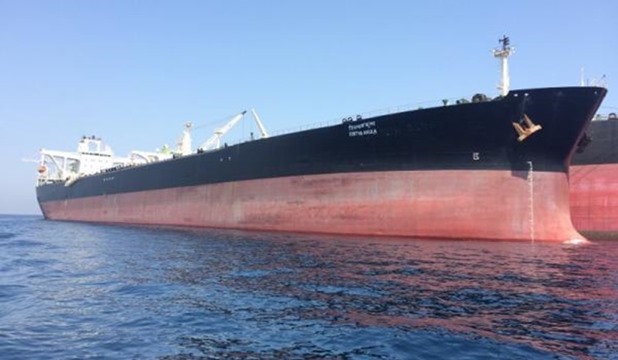Do you want to invest in North Africa? Well, Africa is home to 25 per cent of the world’s population, accounting for between 3-5 percent of direct Foreign Direct Investment (FDI).
With the African Continental Free Trade Area (AfCFTA) agreement currently taking shape, the World Bank estimates that it will create the largest free trade area in the world based on the number of participating countries.
What’s more, the pact connects 1.3 billion people across 55 countries with a combined Gross Domestic Product (GDP) of US$3.4 trillion.
It has the potential to lift 30 million people out of extreme poverty, but achieving its full potential will depend on putting in place significant policy reforms and trade facilitation measures.
With the conversations underway to cement the pact, the United Nations Statistics Division (UNSD) subdivided the African continent into five regions, North Africa, Central or Middle Africa, Southern Africa, East Africa, and Western Africa.
Northern Africa has seven countries namely Algeria, Egypt, Libya, Morocco, Sudan, Tunisia, and Western Sahara.
Libya, oil giant of North Africa
Africa is heavily feeling the devastating effects of climate change despite its minimal contribution to the scourge through gas emissions.
The soaring prices of Fuel, cooking oil and wheat hit North Africa especially countries like Egypt and Libya that depend heavily on imports.
Libya, despite the instability, is the top country in North Africa with highest GDP per capita at $369 million. The country has vast oil resources against its small population of 6.7 million.
The International Monetary Fund (IMF) gave the country a positive economic outlook for the year 2023, likely to grow by 17.9 percent.
The multilateral lender also expects the country’s oil economy to grow by about 22 percent.
Several international groups are eyeing the Libyan market, worth $111bn. Airports, roads, power plants among others, is the list of infrastructure projects is growing in Libya.
Today, Enka, a Turkish construction giant is working on the 671 MW power station in west of Tripoli. The work is in partnership with Germany’s Siemens Energy, with whom it is also undertaking the construction of a 650 MW solar power station in Misrata.
The project cost $810 million and a third Turkish company, Rönesans Holding is working on a project to build three other power stations.
Egypt, North Africa’s Tiger
According to Investment Monitor, Egypt is the largest economy in North Africa, accounting for 15.4 percent of total African GDP in 2020. The Suez Canal is a major source of trade and revenue for the country, boosting its economic stature.
Noteworthy, the strategic key location of Egypt in addition to projections of major future trade and economic growth makes it one of the key places you should consider investing in.
Egyptian oil, gas, and petrochemical industries have the most potential right now in Egypt, but there are also a few additional areas where it’s worth thinking seriously about investing.
They include oil and gas production and exploration, new petrochemical projects, new world-class third-generation refinery projects, new joint mega LNG projects among others.
Morocco, a foreign investment hub
Morocco has had a stable economy and low labour costs that encourage manufacturers to set up in the country.
According to the IMF, the country ranks above Egypt when analysing FDI data per 100,000 of the population, with 0.17 projects in Morocco per 100,000 people, compared with 0.05 projects in Egypt.
Furthermore, the 2014–2020 Industrial Acceleration Plan in Morocco laid out plans for the creation of 500,000 jobs, half of which were to come from FDI and the other half from a renovated national industrial base.
In Morocco, according to Korte Law, foreign investment is not subject to any restriction, regardless of the type of business you wish to establish. Some sectors are exceptions, such as agriculture and fishing.
Sudan’s potential amid instability
Sudan, which does not have a strong record of attracting FDI projects, introduced the Investment Encouragement Act 2021 in April.
The act is designed to promote investment into the country in line with the targets and priorities of Sudan.
The availability of agricultural land and mining opportunities present significant opportunities for the country to attract investment and trade.


